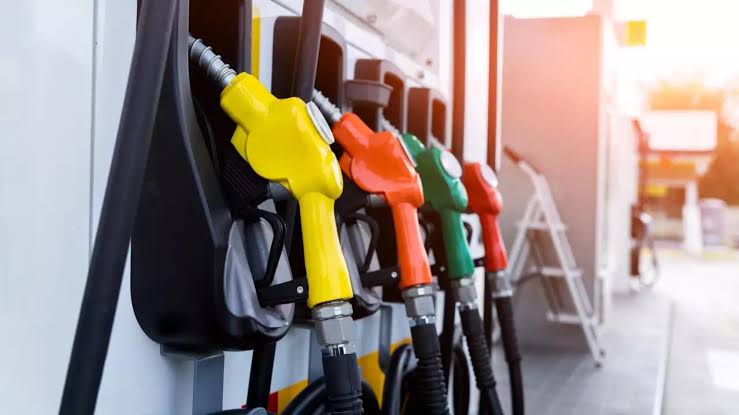Nigerians are bracing for another wave of economic strain as the Federal Government introduces a 15 per cent import tariff on Premium Motor Spirit (petrol), a policy projected to add nearly N1 trillion (N973.6 billion) annually to the nation’s fuel import bill.
A mew analysis revealed that Nigerians could pay an additional N99.72 per litre once the new tariff takes effect, potentially driving petrol prices higher across the country. The impact will be felt most sharply by households, transport operators, and small businesses already grappling with rising inflation and energy costs.
According to a petrol import trend report from the Nigerian Midstream and Downstream Petroleum Regulatory Authority (NMDPRA), Nigeria imported an average of 26.75 million litres of petrol daily between January and September 2025. When the 15 per cent tariff is applied, this translates to an estimated N2.67 billion daily—amounting to N973.64 billion annually.
While the government argues the new policy will generate more revenue and encourage local refining, experts warn it may worsen the cost-of-living crisis. “The tariff will likely push pump prices further up, drive inflation, and increase logistics costs,” said one energy analyst, describing the move as “a tough pill for an already overburdened economy.”
The approval, contained in a letter signed by the President’s Private Secretary, Damilotun Aderemi, followed a proposal from the Executive Chairman of the Federal Inland Revenue Service (FIRS), Zacch Adedeji. It also includes diesel in the new tariff structure, further raising concerns about ripple effects on transportation and manufacturing.
“Every increase in petrol price affects everything—food, rent, transport. This policy, if not carefully managed, could trigger another inflationary spiral,” warned a Lagos-based economist.
However, the Federal Government maintains that the measure forms part of its broader fiscal strategy to stabilize revenue and reduce dependence on crude exports. Officials argue that as domestic refineries like Dangote’s plant ramp up production, the need for imports—and consequently, tariffs—will decline.
Still, ordinary Nigerians remain skeptical. With inflation hovering around record highs and purchasing power declining, the 15 per cent petrol tariff could further squeeze disposable incomes, testing public patience and the government’s economic reform narrative.







